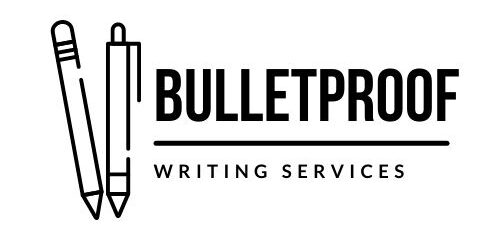
Do you know when to hyphenate a compound? Recently, one of my clients sent me a follow-up email asking a few questions after I returned an edited manuscript to him. He noticed that “long term” was hyphenated in some places in his text but not others. Could I explain why they weren’t all hyphenated? I love it when I receive questions like this from my clients! My job as a copyeditor and proofreader is about more than editing; by reviewing the suggested edits together with my clients, I can help them understand the best practices and guidelines for grammar, punctuation, and formatting, which helps them become better writers. It’s a privilege for which I’m very grateful. However, I know some of you are now curious about “long term” and its seemingly inconsistent hyphenation, so let’s get to it.
Why Hyphenate?
In my preferred style guide, CMOS, hyphens are used to indicate a compound and improve readability by showing structure or pronunciation. In general, CMOS recommends a spare hyphenation style, but there are situations where hyphens are necessary for clarity. Let’s look at a few examples.
small business owner or small-business owner
recreate or re-create
In our first example, we have a business owner who is short in stature. But when we add a hyphen, the meaning changes; now we have the owner of a small company. Our hyphen shows the relationship between our adjectives and noun.
In the second example, both instances are verbs, but the meaning and pronunciation for each use is different. Recreate means “to give new life or freshness.” Re-create means “to create again.” The emphasis is on the first syllable in recreate and the last in re-create. Without the hyphen, we might be unsure which pronunciation or definition was intended by the author, so hyphens are definitely an important aspect of our texts.
When to Hyphenate?
There are a lot of rules around the use of hyphens. The most common questions for editors and writers are whether compounds should be open, closed, or hyphenated. Today, we’re only going to look at one specific instance of hyphenation: adjective + noun.
When a compound consists of an adjective and a noun, we need to think about hyphenating it. However, the compound’s placement in the sentence is the final deciding factor on whether or not we use the hyphen. When the compound comes before a noun, use a hyphen. When it comes after a noun, don’t hyphenate it.
Ellie is a very well-read child.
Ellie is very well read.
Notice that in our first example, well-read describes child and comes before child. In our second example, well read describes Ellie, but the compound comes afterward. We do not need a hyphen here.
Long term functions similarly. Let’s look at more examples.
We have several long-term goals.
Our goals are long term.
We need to improve our production for the long term.
In our first example, we have the adjective + noun construction (long term) preceding the noun (goals). We need to hyphenate the compound. In our second example, though, we have the same construction, but it comes after the noun, so we don’t need to hyphenate it. Sometimes there is confusion regarding hyphenation when it comes to phrases like for the long term or in the long term. In these instances, the long term is actually a noun phrase. Long is describing term, and there is very little chance of confusion, so there’s no need for a hyphen here.
Takeaways
Deciding whether a compound should be open, closed, or hyphenated can be confusing, but there are guidelines to help determine the best choice. As a professional copyeditor and proofreader, I know the hyphenation rules. When we partner together to work on your documents, I check to make sure your hyphenation usage is correct and consistent throughout your text. If you need help with your documents, contact me! I’d love to learn more about your project and work with you to make your writing bulletproof.
